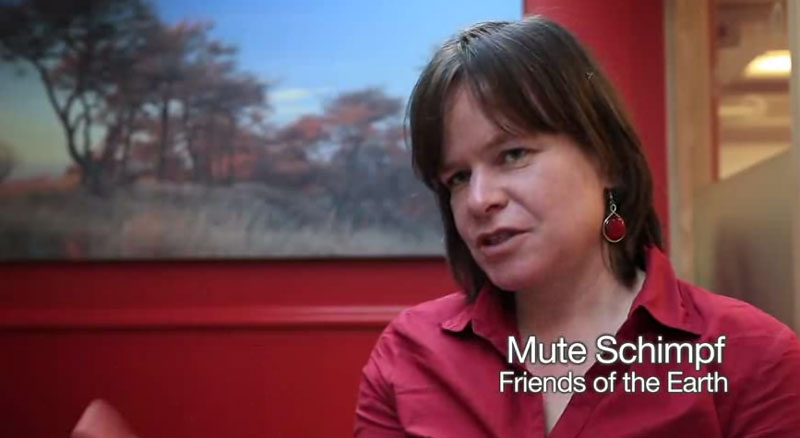Mute Schimpf on Friends of the Earth Europe’s new campaign to stop new GM crops being cultivated in Europe.
Last week a young activist asked me why politicians don’t get the facts about GM crops right. ‘Why do governments push for GMOs in our fields?’ she asked. It is a valid question.
If facts were the basis of the debate, we could have abandoned campaigning against GM crops years ago. Faced with growing evidence that GM crops cause the costs of seeds to go up, increased pesticide use, serious consumer concerns, and unsolved contamination problems, the reality seems so obvious; GM crops are unnecessary, unwanted and do not solve any of our major food problems.
The obsession with GM is blocking much-needed reforms of our food and farming systems, and harming our environment. And there’s little hope that technological advances will overcome any of these problems in the future. But despite the facts the European Union is right now considering allowing more GM-crops to be grown in Europe.
So we need to continue to repeat the facts to regional, national and European politicians. Which is why the new Stop the Crop campaign has just been launched. The campaign aims to set the facts straight about GM crops.
Lack of demand
It is nearly impossible to sell GMOs as food. All the leading European supermarkets and food companies phased-out products containing GM ingredients more than 10 years ago. Even in Spain, the only European country with significant cultivation of GM crops, harvested GM maize is only used as feed for animals.
Lack of innovative potential
After more than 20 years of research –funded by significant European taxpayers’ money – the biotech industry has only managed to develop herbicide resistant or insect killing crops. BASF´s Amflora GM potato was an economic disaster from the very beginning and was withdrawn within two years.
Ongoing contamination
The cultivation and trade of GM crops adds costs not only for farmers but also for companies in the organic and conventional food and feed supply chain. The costs of keeping seeds, crop and foods separate from GM varieties to avoid contamination is borne by non-GM producers. This is profoundly unfair – essentially placing the economic burden on the victim, not the polluter.
GM crops do not tackle hunger or poverty
Industry promises about the ability of GM crops to tackle the world’s growing social problems are pure myth: there is still not a single commercial GM crop with increased yield or salt-tolerance, enhanced nutrition or other ‘beneficial’ traits. GM crops are confined to a handful of countries with highly industrialised agriculture.
For more than 15 years the GMO-free movement has successfully blocked new GM crops from being grown on British or other European fields. Now that the European Union is considering opening Europe’s doors to new GM crop cultivation, we need your support and action now. Help us put the facts straight on GM crops.
Visit and share the www.stopthecrop.org page with friends, colleagues and people from your networks. Like and post on https://www.facebook.com/StopTheCrop







